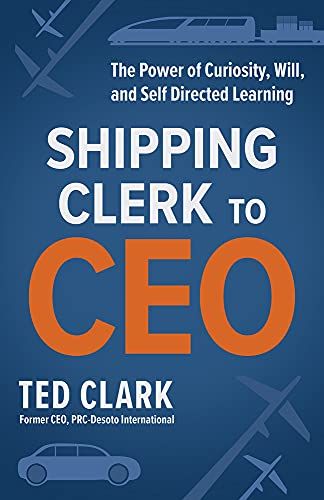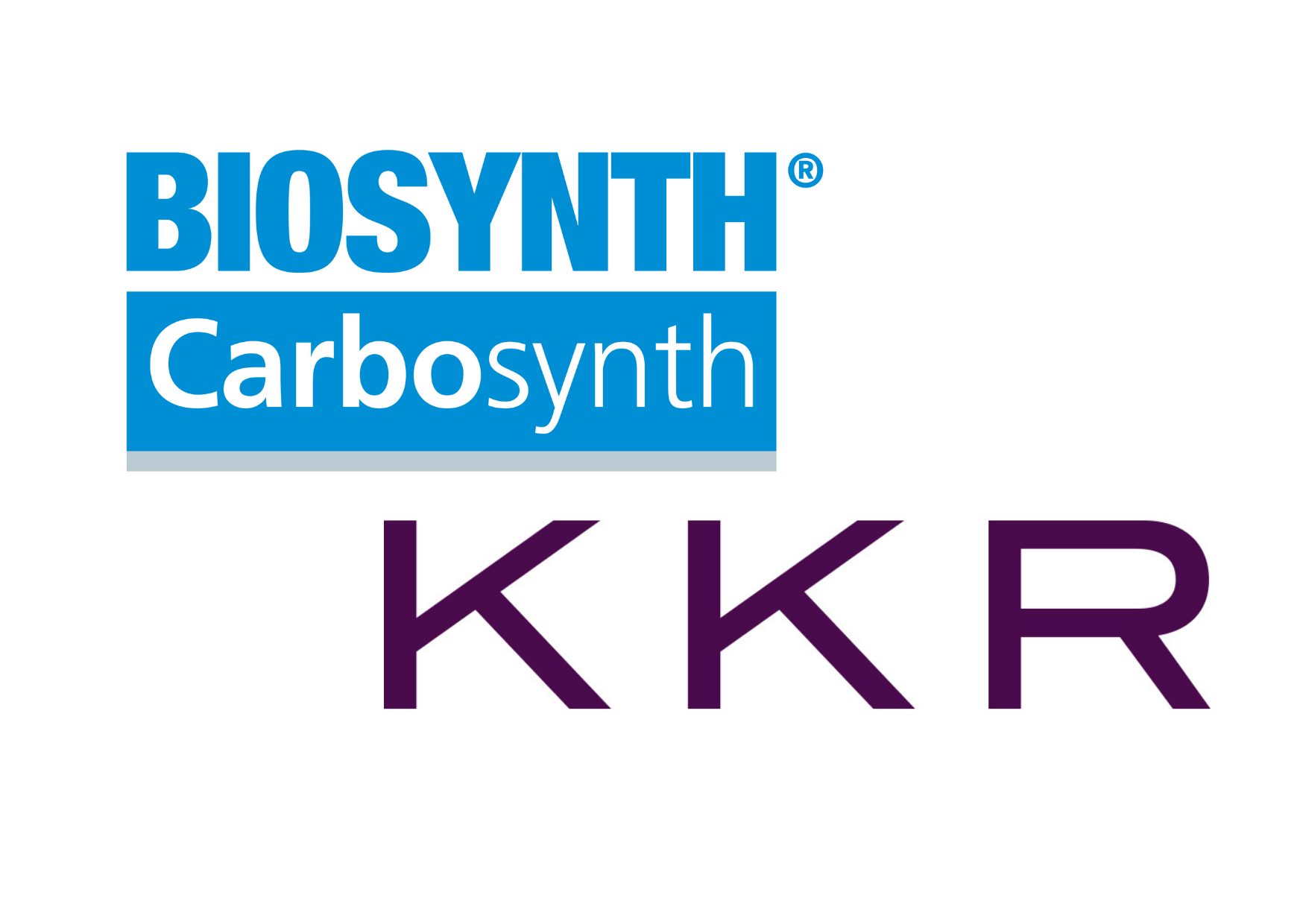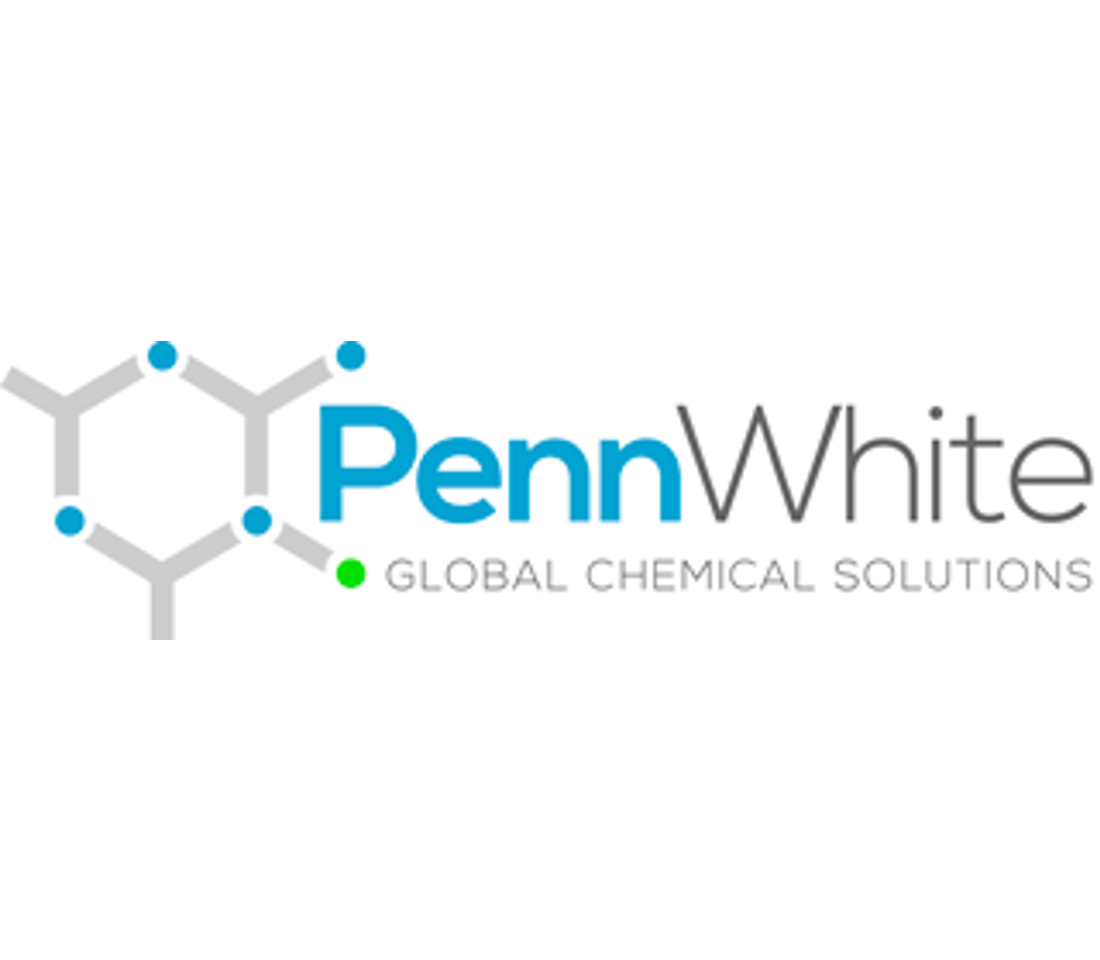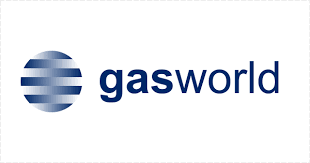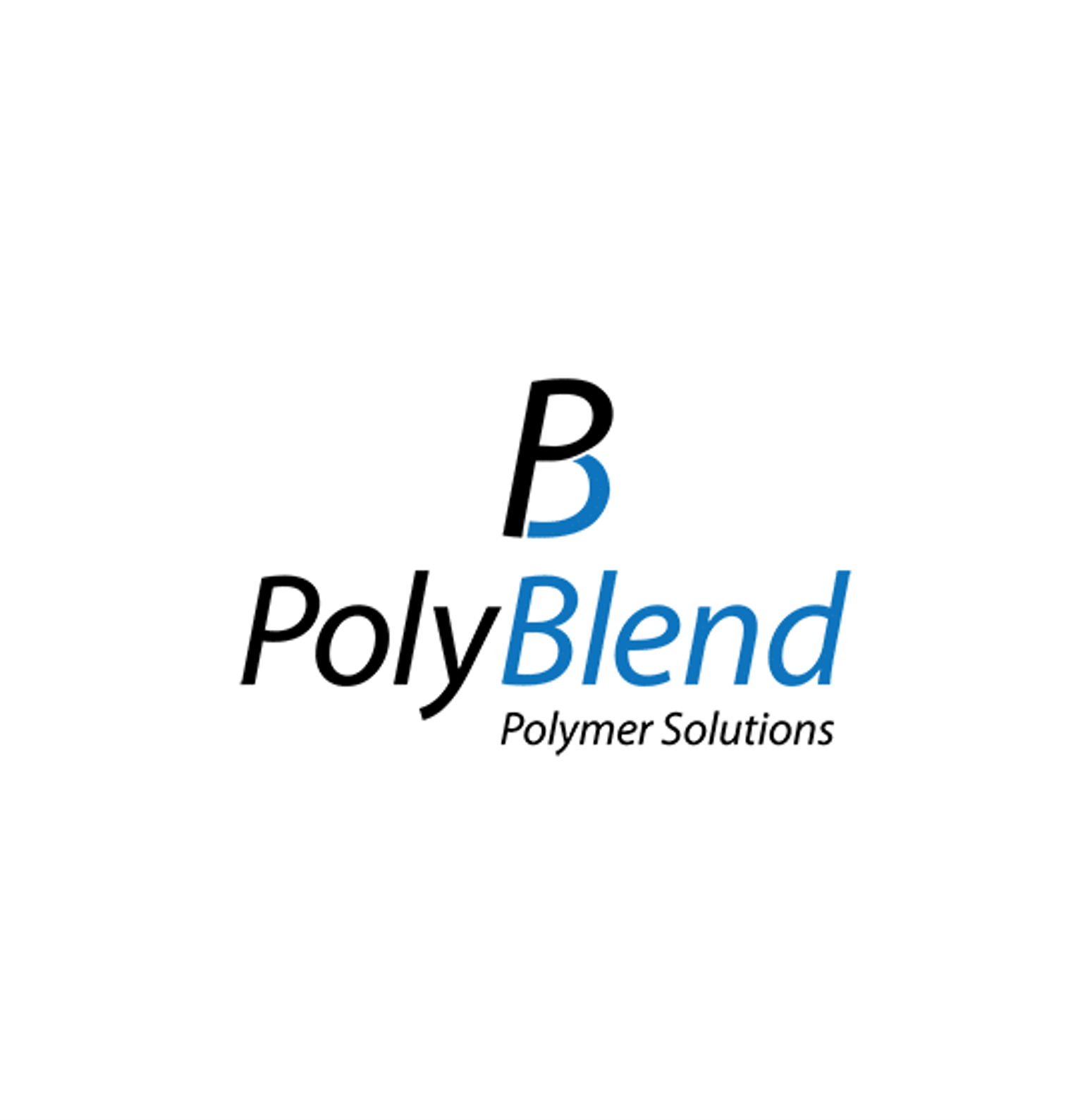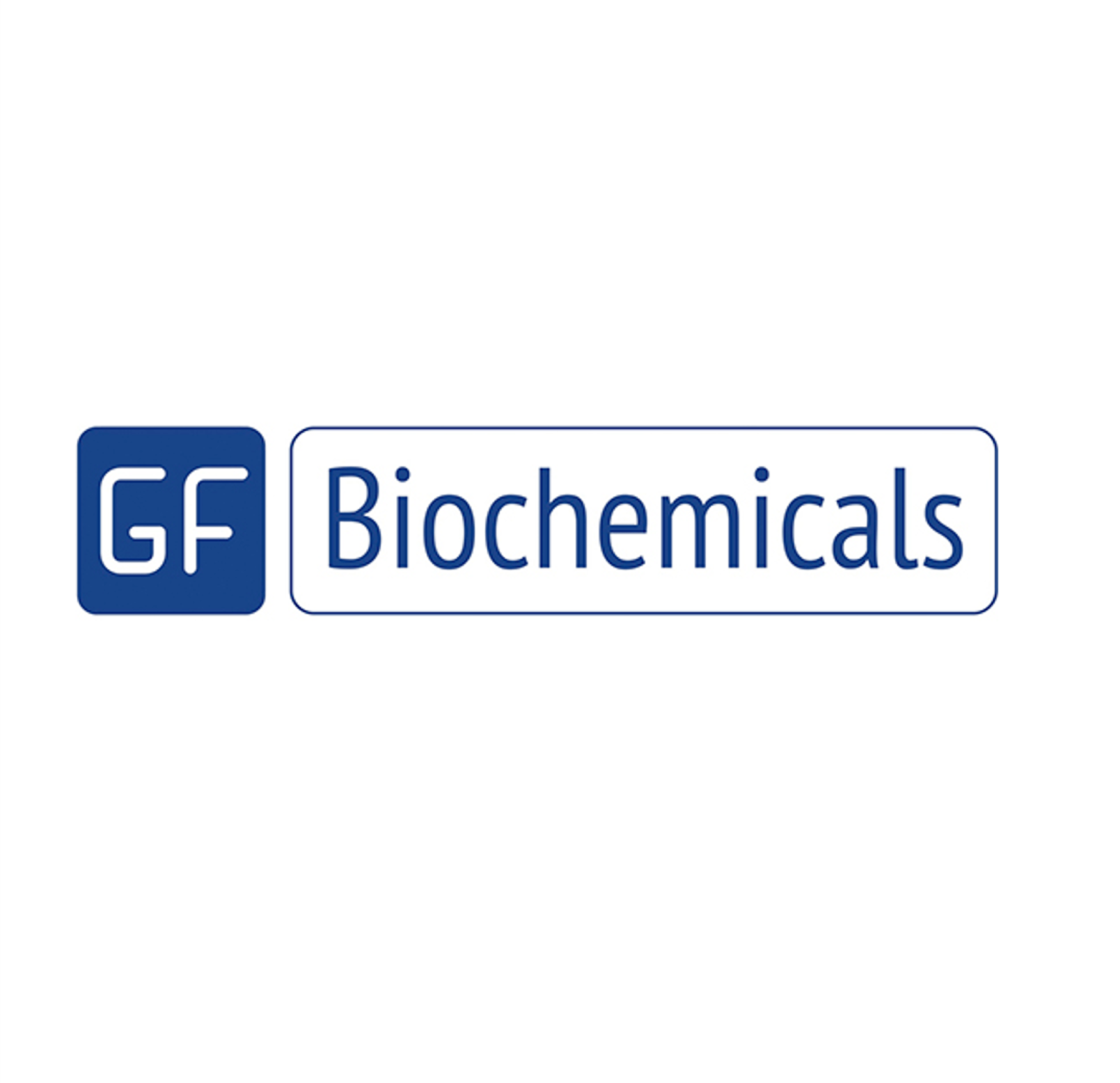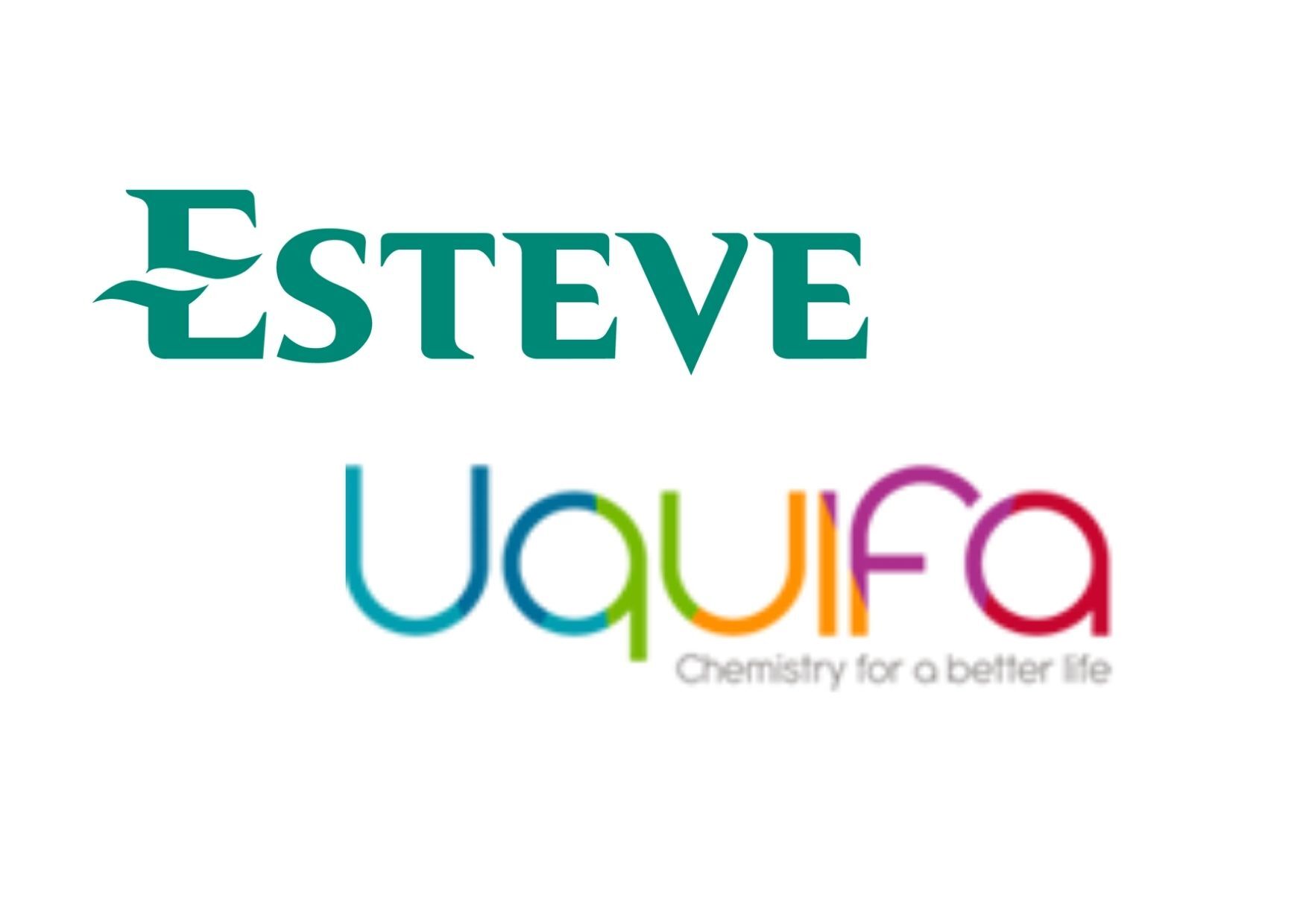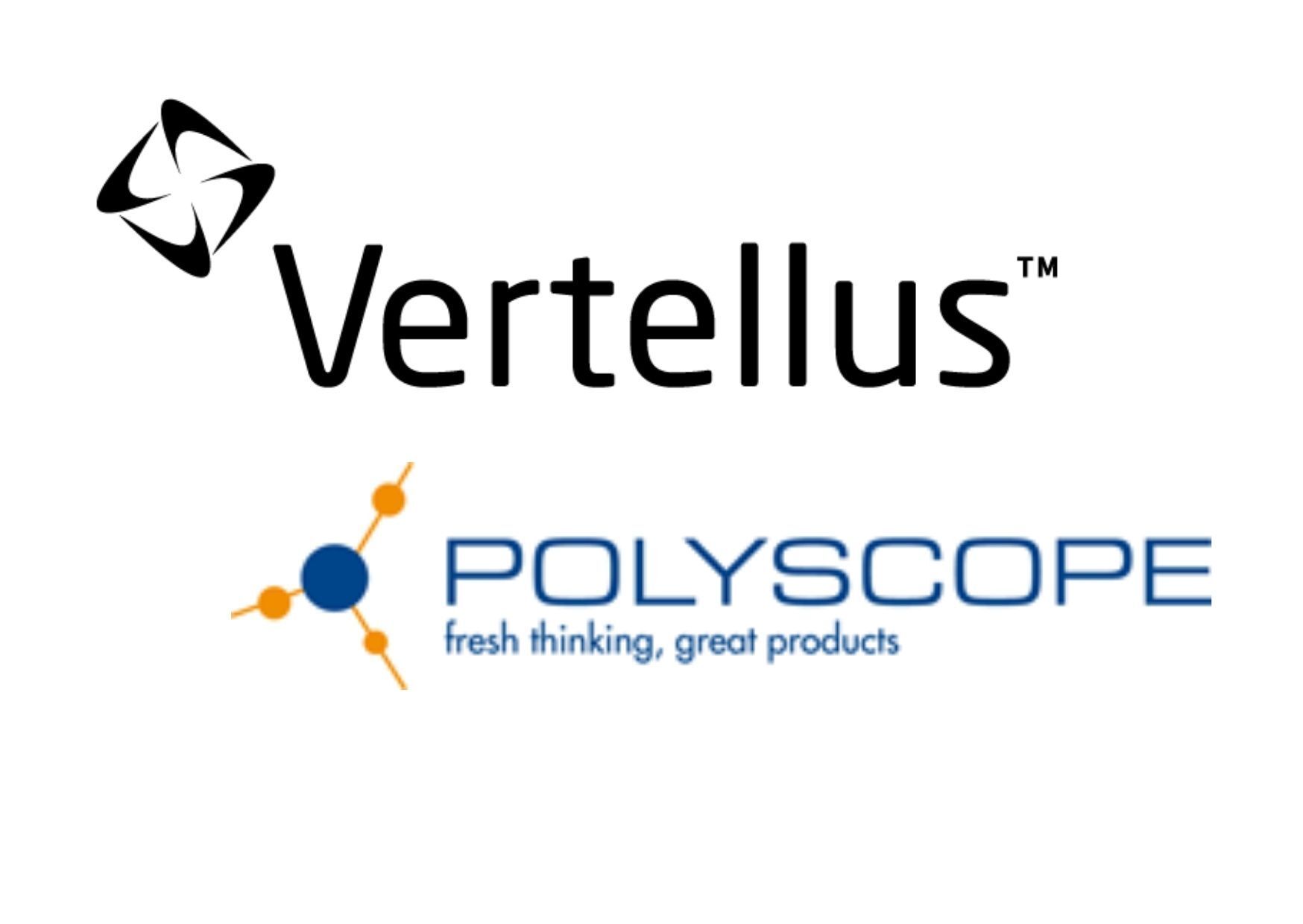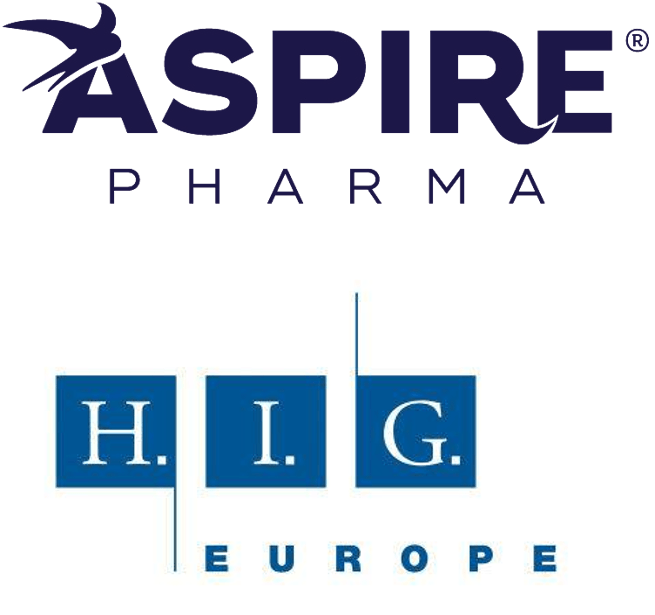Can you reliably “beat the market” when selling your chemicals or life sciences business?
(Yes, and here’s how….)
There is a reasonably common view amongst business owners that one should wait to be approached by a ‘really keen strategic buyer’ before engaging in sale discussions. The reasoning being that if the buyer approaches first this gives the seller the upper hand in negotiations and means there is a good chance of a buyer being interested.
This, on its own, is wrong and, rather counter-intuitively, gives away the upper hand and can lead to sellers trapped into below-market deals or no deal at all after months of hard work.
I previously wrote an article on what to do if you are approached by a ‘really keen strategic buyer’which looked into how sellers can give themselves the best chance in such a scenario. The thrust of this article is that sellers in this situation are starting on the back foot and must work hard to catch up and be lucky enough to be dealing with a counterparty that is both highly motivated and unusually honourable.
Rather than relying on such a buyer-led approach, I typically recommend a seller-led approach. Using the methods I outline below I have enjoyed 100% success in securing above-market sales over my last 4 years and 7 deals (ever since I started employing these methods in their current form).
How to reliably beat the market when selling a lower-mid market (i.e. valued between $10m to $100m) privately-owned chemicals or life sciences business.
At the most basic level, securing a high price for a business requires a) the buyer to believe it is worth a high price, b) the buyer to believe they have to pay a high price, and c) nothing to go wrong before completion.
So, to achieve each of these, the core objectives of any seller-led sale process should be:
Objectives
- Maximise the perceived value of the business to buyers "Value Perception"
- Maximise the negotiation power of the sellers "Negotiation Power"
- Maximise the certainty that the deal will complete "Deal Certainty"
Every business is unique, and every sale process should be tailored accordingly, but it is possible to talk in general about the following core workflows:
Workflows
- Narrative Development
- Preparation and Presentation
- Process Design
Taking each in turn…
1. Narrative Development
As I explore in my article “The most important thing to do when selling a chemicals or life sciences company” , developing a single compelling transaction narrative is critical to value. Such a narrative needs to inspire excitement in buyers, pull together all the strands of the deal in an understandable way, and build the platform for negotiations.
The narrative is the backbone of any process and is critical to get right.
Specific examples of what the narrative must do include:
- Value Perception – ensure buyers are convinced of the strategic potential to them
- Negotiation Power – ensure buyers believe there are credible alternatives to their offer
- Deal Certainty – ensure the business appeals to a good number of buyers
2. Preparation and Presentation
Selling (and buying) a business is highly complex with hundreds of variables that each impact the final value. How the data is analysed, how it is presented, and how it is incorporated into any deal are all decisions that need to be made at various stages throughout the process. Furthermore, the sale of a company is not just about the business being sold – it is also about how that business might fit and interact with potential buyers’ businesses, which can often be in less-familiar markets.
As I discuss in my articles “When is analytical commercial due diligence not enough” and “How are privately-owned chemicals and life sciences companies valued” , a thorough grasp of accounting, transaction structuring, company valuation, and a techno-commercial understanding of multiple interacting dynamic markets is all simultaneously required to optimally prepare and present a chemical company for sale.
Specific examples of preparation and presentation required include:
- Value Perception – ensure that sellers identify and present the full potential value of their business to all buyers (even those in less-familiar markets)
- Negotiation Power – ensure all the key details are known and understood when headline deal terms are agreed
- Deal Certainty – minimise the chance nasty surprises (internal or external) are revealed during due diligence
3. Process Design
A key aspect of a seller-led process is that the sellers can design and time the process to suit them. In a seller-led process it is much easier to design a timetable of work that focuses negotiation power during the short windows during which the key terms of a potential deal are agreed, that leaves sufficient time to prepare and execute with potential buyers, and that coincides with favourable seasonal conditions associated with the seller’s business (e.g. accounts preparation, typically strong sales months, and others).
Additionally, as I discuss further in my article “Selling your chemicals or life sciences business: why a slow process can erode value, and how to avoid it” , a slow process can kill a deal and so must be avoided through good process design.
Specific examples of what the process must do include:
- Value Perception – ensure the business is perceived as a ‘prize asset’ being sold through a highly professional tailored process
- Negotiation Power – ensure the factors that maximise negotiation power are focused to apply during the periods in which deal terms are agreed
- Deal Certainty – minimise the time the business is “on the market” (when it is vulnerable to otherwise uncontrollable external factors)
In conclusion
It is possible to sell a lower-mid market privately-owned chemicals or life sciences business at above-market values.
However, to do it reliably , requires all of the following:
- a full range of transaction skills and techno-commercial insight into adjacent niche markets,
- a specialist and wide-reaching network of potential buyers and investors, but most of all
- a pro-active seller-led approach and highly dedicated work ethic that is focused on delivering the three core objectives of Value Perception, Negotiation Power, and Deal Certainty.
I have not seen it work any other way. Yes, it can help if a seller is approached before or during such a process and there are success stories from buyer-led deals, but these are comparatively rare and the failures (that are typically not made public) are far more numerous.
If you are interested in reading more on this topic I recommend “How much should you pay an M&A advisor to sell your chemicals or life sciences business?” , which sets out more on the different styles of approach to company sales and the associated success rates.
Receive M&A news relevant to your business
At critical moments our clients engage us to provide pre-publicity "off-market" intelligence to give them the edge over the competition - we also provide up-to-the-minute public or "on-market" intelligence for free
Contact Us
RECENT POSTS
